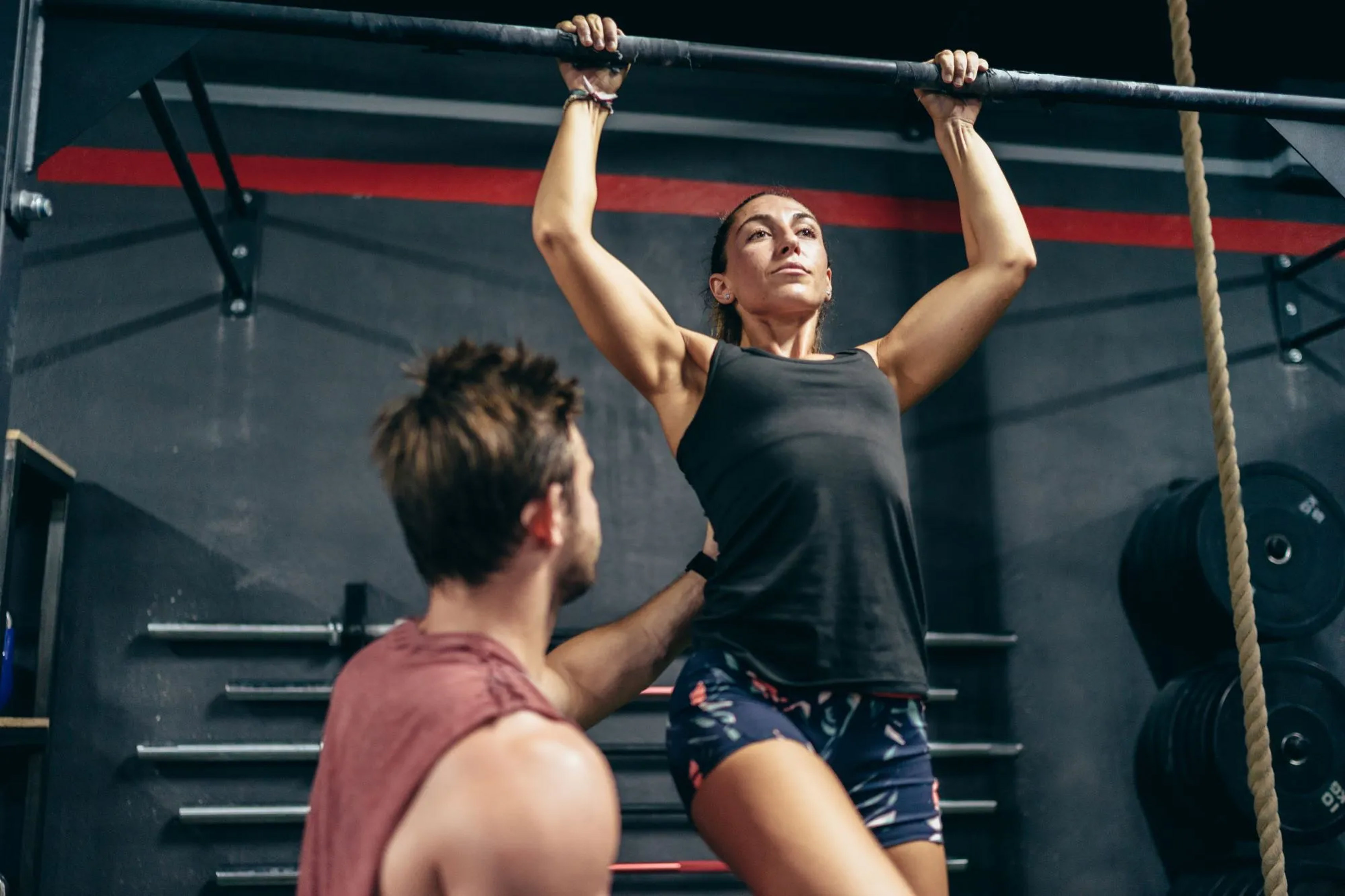5% OFF BY SUSCRIBING TO OUR NEWSLETTER
Progressive training is the key to success in limiting the risk of injury.

Alexandre Adamczewski

Sports training is a process designed to improve an individual's physical performance and athletic ability in a specific sport.
Planning a sports training program
It’s a good idea to work with a qualified athletic trainer to design a training program tailored to your individual needs and specific sport. Here are some key elements to consider when planning and implementing a sports training program.
Goal setting: Set clear, specific goals for your training, whether it’s to improve strength, endurance, speed, flexibility or other aspects related to your sport.
Planning: Develop a training plan that includes regular and progressively more demanding workouts. Be sure to include rest periods to allow your body to recover and rebuild.
Cardiovascular training: incorporate cardiovascular exercises such as running, swimming, cycling or other activities that challenge the cardiorespiratory system and improve endurance.
Muscle strengthening: perform muscle-strengthening exercises to develop strength, power and stability. Use weights, machines, bodyweight exercises or other appropriate methods to target the specific muscle groups used in your sport.
Sport-specific training: Incorporate exercises specific to your sport to improve the movements and skills required.
Flexibilityand mobility: Don’t neglect mobility exercises to improve joint mobility and prevent injury. Incorporate dynamic and static stretching exercises into your training routine if it feels good.
Adapted nutrition: Adopt a balanced diet adapted to your needs in terms of macronutrients (carbohydrates, proteins, lipids) and micronutrients (vitamins, minerals) to support your performance and promote optimal recovery. Supplementation is an excellent way of providing you with elements that are little or not present in the diet.
Restand recovery: Give sufficient attention to rest and recovery. The body needs time to rest, regenerate and assimilate training in order to progress and prevent injury.
Monitoringand adaptation: regularly assess your progress, carry out physical evaluations and adjust your training program accordingly to continue stimulating adaptations and avoid stagnation.
Consistencyand motivation: stay regular in your training, show discipline and find sources of motivation to help you persevere and achieve your goals.
Progressive sports training
Progressive sports training is an approach that involves gradually increasing the intensity, duration or complexity of your workouts over time. This allows your body to adapt gradually to the increasing demands of training and minimizes the risk of injury. Here are some key principles of progressive sports training:
Start with a solid base: Before progressing, make sure you have an appropriate fitness base in your sport. This can include a period of general preparation with moderate training to develop basic endurance and muscular strength.
Gradually increase intensity: Start with light loads or low training intensities, then gradually increase them as your body adapts.
Gradually increase duration: If you train in terms of duration (such as running or cycling), gradually increase the distance or time spent training. Keep to a gradual increase of 10-15% per week to avoid excessive overload.
Vary your training: Gradually introduce new exercises or variations into your training program. This will stimulate different parts of the body, improve sport-specific skills and maintain interest and motivation.
Watch out for signs of overtraining: Watch out for signs of overtraining such as persistent fatigue, frequent injuries, declining performance and sleep disturbances. If you experience these symptoms, take time out to rest and recuperate.
Listen to your body: Listen to your body and adjust your training program accordingly. If you feel excessive pain or fatigue, reduce the intensity or duration of your training. If pain persists, consult a sports health professional.
Track your progress: Keep a training diary to record your sessions, performance and progress. This will help you track your progress, identify areas that need more attention and motivate you to keep going.
Remember that progression should be tailored to your individual abilities, fitness level and specific goals. If you’re new to training or have any special concerns, it’s advisable to work with a sports coach.
.webp)
What role does supplementation play in sports training?
Supplementation can play a complementary role in sports training by providing certain nutrients and substances that can support performance, recovery and joint health. However, it is important to note that supplementation cannot replace a balanced diet and adequate training. Supplement requirements may vary from one individual to another, depending on age, gender, type of sport practised, specific objectives and dietary preferences.
At Ledvard, we propose Synergy6cures, our joint supplement to support you during your sports training.


